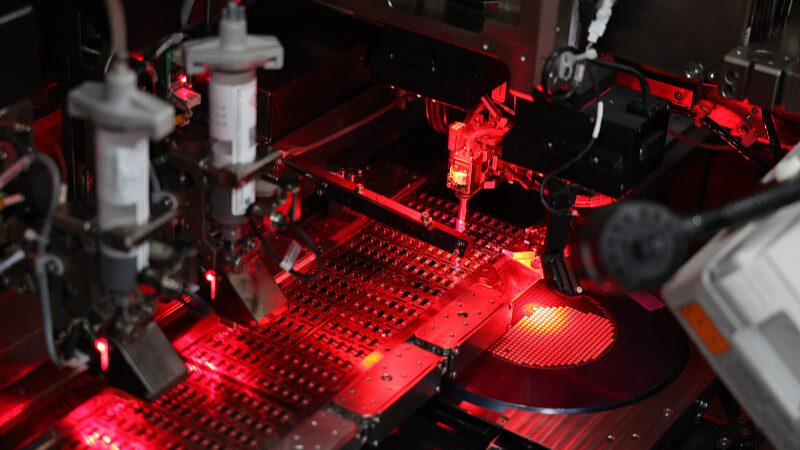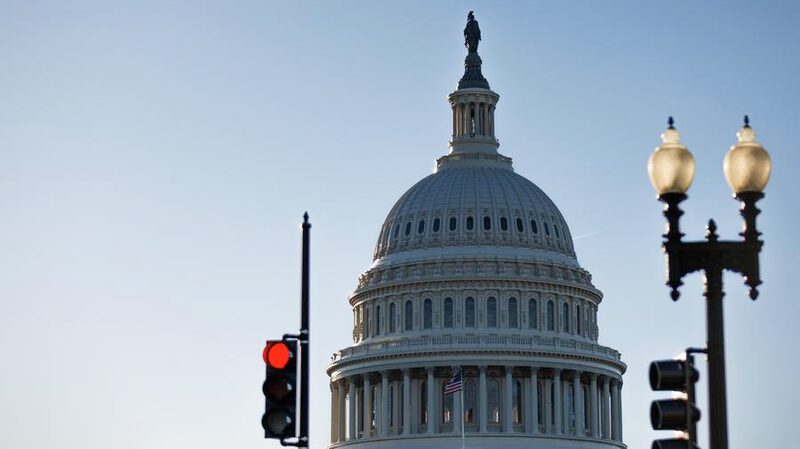The latest U.S. move to restrict exports to dozens of Chinese companies, including cloud computing giant Inspur Group and its subsidiaries, has reignited debates over the effectiveness of Washington's trade strategies. Analysts argue the measures risk worsening economic uncertainties while failing to curb China's technological advancements.
Under the new rules, U.S. firms cannot supply listed Chinese entities with specific technologies without federal approval—a process experts describe as effectively a blanket ban. The White House claims these restrictions aim to limit China's progress in high-performance computing, quantum technologies, and hypersonic systems. However, critics highlight a critical flaw: Chinese companies often acquire technologies through third-party partnerships, bypassing direct U.S. sales.
"This strategy is like swinging at shadows," said one trade analyst, noting that similar export controls since 2023 have done little to slow China's innovation pipelines. Inspur Group, which has faced U.S. restrictions for over a year, continues developing AI infrastructure through collaborations with global suppliers.
The Vanderbilt Journal of Entertainment and Technology Law recently criticized such policies as undermining international trade norms, stating that "U.S. trade distortions reduce trust among countries" while contradicting claims of supporting free markets. With tariffs also proving ineffective, experts question why Washington persists with tactics that strain diplomatic relations and global supply chains.
For investors, the bans underscore growing geopolitical risks in tech sectors. Meanwhile, Asian markets watch closely as Chinese firms accelerate efforts to localize production—a shift that could reshape regional manufacturing networks and create new opportunities in Southeast Asia.
As the U.S. approaches election season, observers suggest these measures may prioritize political messaging over pragmatic economic strategy. The long-term impact on cross-Pacific trade dynamics remains uncertain, but one trend appears clear: China's tech sector continues adapting faster than containment policies can adjust.
Reference(s):
cgtn.com







